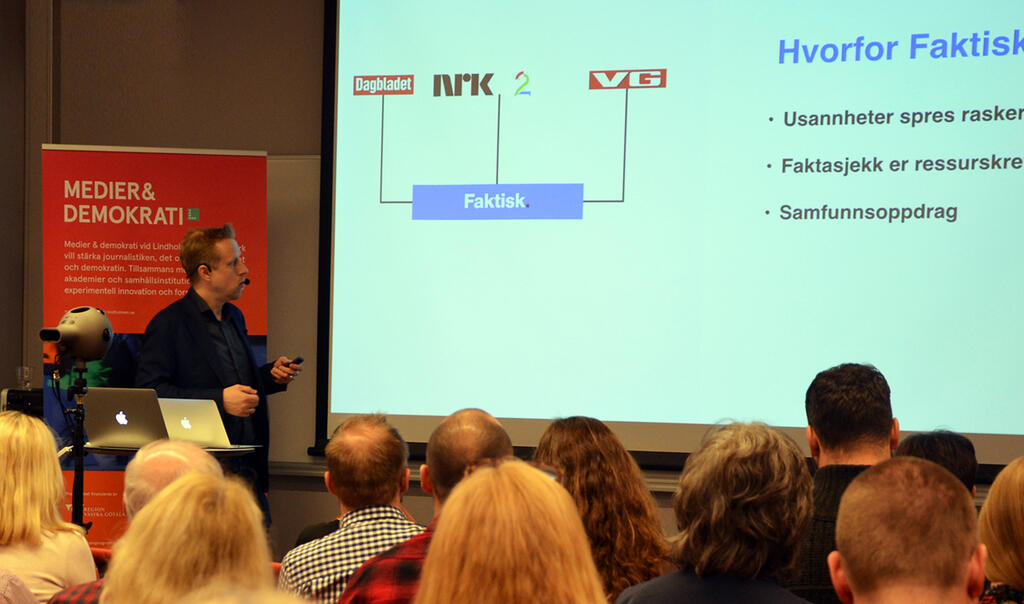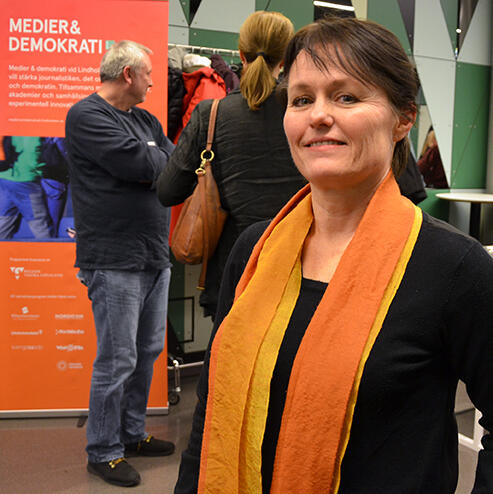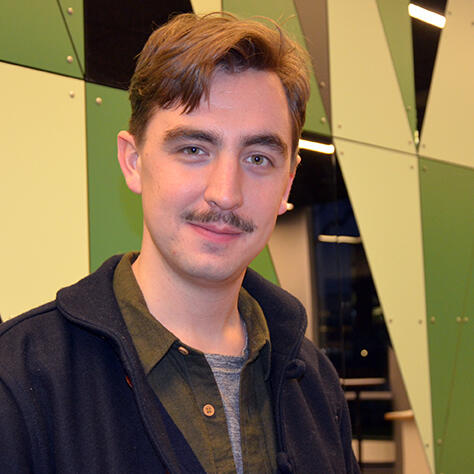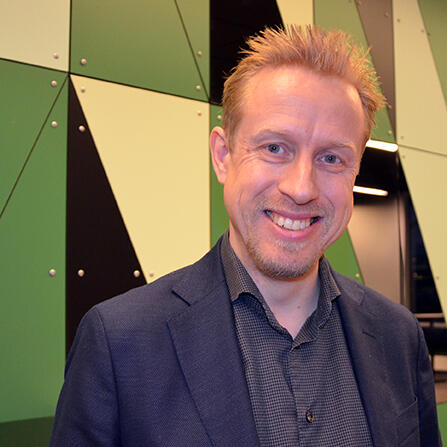Fact Checks and Election Coverage engaged the media industry
1) The term “fake news” is particularly poorly chosen. 2) Fact-checking convinces even Trump voters. 3) Today’s parties and politicians work systematically with social media, thereby having a greater impact. These were the three themes at a Media & Democracy seminar that yielded many exciting perspectives.

Titled “Faktakoll & valbevakning – perspektiv och verktyg inför valet 2018” (Fact Checks and Election Coverage – Perspectives and Tools for the 2018 Election), the seminar – held on January 23 at Lindholmen Science Park – attracted a swarm of visitors and a great deal of appreciation.
“We are pleased and proud to have brought such knowledgeable and topical lecturers here. We have also gotten very good responses from many of the visitors,” says Martin Holmberg, Program manager for Media & Democracy.
The audience got to meet three well-informed lecturers:
Eli Skogerbø, professor at the Department of Media and Communication at the University of Oslo. A specialist in political communication, she is currently analyzing a major study of the Norwegian media’s coverage ahead of the parliamentary election in September 2017.
Jack Werner, journalist and debater. He is a specialist in fact-checking, and won the 2014 Swedish Grand Prize for Journalism for his “Viralgranskaren” fact-checking project in the daily newspaper Metro. He has also worked on surveying and method development in fact-checking on behalf of the Fojo Media Institute.
Kristoffer Egeberg, editor-in-chief of Faktisk.no, the Norwegian fact-checking website. He is the former editor-in-chief of the Norwegian daily newspaper Dagbladet, and a well-known prizewinning investigative journalist.
The seminar at Lindholmen provided a great deal of interesting insights and knowledge that could be important in the coming election season in Sweden.
Eli Skogerbø - How did the Norwegian media handle the coverage of the election in 2017?
Eli Skogerbø demonstrated the significance of both local media and social media in the election. While the leaders of the major parties dominated television coverage, the local media played a large role for the other candidates. The use of social media to reach voters was even more obvious than it had been in the 2013 Norwegian election. The Norwegian Progress Party in particular was incredibly skilled in making use of it, especially Facebook. By taking major initiatives on Facebook, they set much of the agenda for the Norwegian election campaign.
“The bit that got the most attention was the visit by Norwegian Minister of Migration and Integration Sylvi Listhaug to the suburb of Rinkeby outside Stockholm,” Eli told the audience, also pointing out how politicians use Twitter diligently to reach journalists.
Watch Eli Skogerbø's presentation (Swe)
Jack Werner - Faktakoll - tips about methods and tools
Jack Werner devoted his lecture to fact-checking. Using a number of examples, he demonstrated how fictitious stories and local rumors have a fantastic ability to turn up in new contexts – sometimes decades later. He also took the opportunity to tear the term “fake news” to pieces.
“Say what it’s all about instead. Propaganda, factual errors, or simply bad journalism,” he said. He was convinced of the importance of fact checks.
“It’s a particularly important task for us journalists. We have to review and check facts, thereby providing people with the correct knowledge and information they need to make decisions.”
Jack also talked about studies showing that fact-checking convinces even faithful supporters of people like Donald Trump, Marie Le Pen and other politicians that what they are saying is false and incorrect. This does not mean, however, that the insight that someone’s favorite politician is wrong will get them to stop voting for said politician...
Watch Jack Werner's presentation (Swe)
Kristoffer Egeberg - Faktisk.no – den norska faktakollsajten som slog igenom i valrörelsen
Kristoffer Egeberg talked about the Faktisk.no fact-checking website and its impact in Norway. The site, started by a number of major media groups, simply reviews statements from parties, politicians, those in power and the media. Above all, the site – which has seven or eight employees – checks the questions that are widely disseminated.
“Fact-checking is its own journalistic genre. We don’t find our own stories; we check what’s published,” he said.
Kristoffer also went through the five-level assessment scale that Faktisk.no uses. They soon saw the need for a more extensive scale than just “true” or “false.” Faktisk.no has been the subject of a great deal of both attention and discussion in Norway. Politicians who, on the one hand, were irritated by reviews that affected them and thought that Faktisk.no should be shut down could, on the other hand, gladly tip the site off to reviewing statements of other politicians. Faktisk.no also has a major impact when it broadcasts live fact-checks during party leader debates and other major events. Kristoffer observed that their corrections of factual errors play a major role for debates in social media, and that their facts give people a tool to put their foot down and to increase constructiveness in debates on the Internet.
Watch Kristoffer Egerberg's presentation (Swe)
Voices and reflections after the seminar (Swe):




